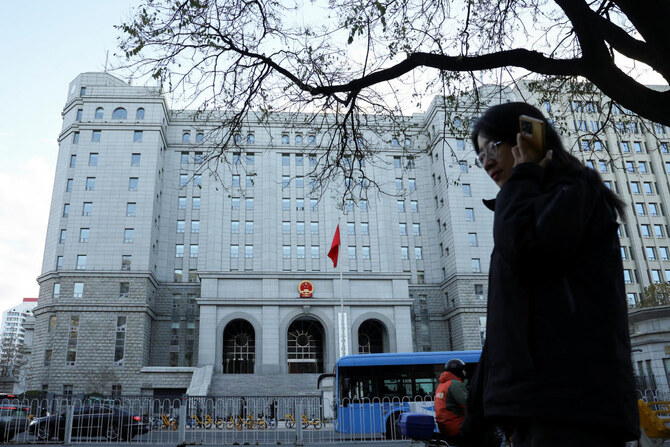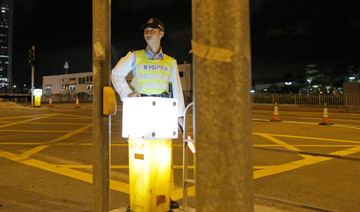DUBAI: Short-form video app TikTok has launched its latest campaign, #PrivacyMatters, focusing on digital privacy.
Through a partnership with prominent regional creators, the platform has created a series of educational short films featuring real-life scenarios that demonstrate how users can control their privacy online. The creators include Hadeel Marei, Twinzy’s Abdullah and Noor, Abeer Sinder, Zainab Al-Eqabi, Faris Al-Khalidi, and Nadin Smaili, together reaching over 3 million users.
The campaign follows a series of safety enhancements made on the platform including the introduction of Family Pairing, the enhancement of filtering capabilities, and the launch of tools to combat bullying.
“While we celebrate the creativity and expression that is seen in abundance on the platform, we have an inherent understanding of the important role privacy plays in the digital experience,” said Hany Kamel, content operations director at TikTok, Middle East and North Africa.
In the MENA region, online users spend an average of 90 minutes every day consuming short-form content, making up 15 percent of total time spent by users on media platforms across the region, according to management consultancy RedSeer. As users spend more and more time in the digital space, sharing and over-sharing personal details of their lives, privacy is more important than ever before.
Kamel added: “At TikTok, we see safety as a job that is never complete, and consistently look for ways in which to further bolster our existing privacy, safety and engagement protection measures. As we update our offering, we will also continue to creatively communicate these changes to our community, to ensure everyone is aware of the ways in which they can keep themselves and their content safe on the platform.”
In addition to its Community Guidelines, TikTok has dedicated privacy controls that each user can customize as per their preferences, including making their account private, controlling comments and messages, managing screen time, using restricted mode to curate their feed, and limiting duets to control who can duet their content.




























